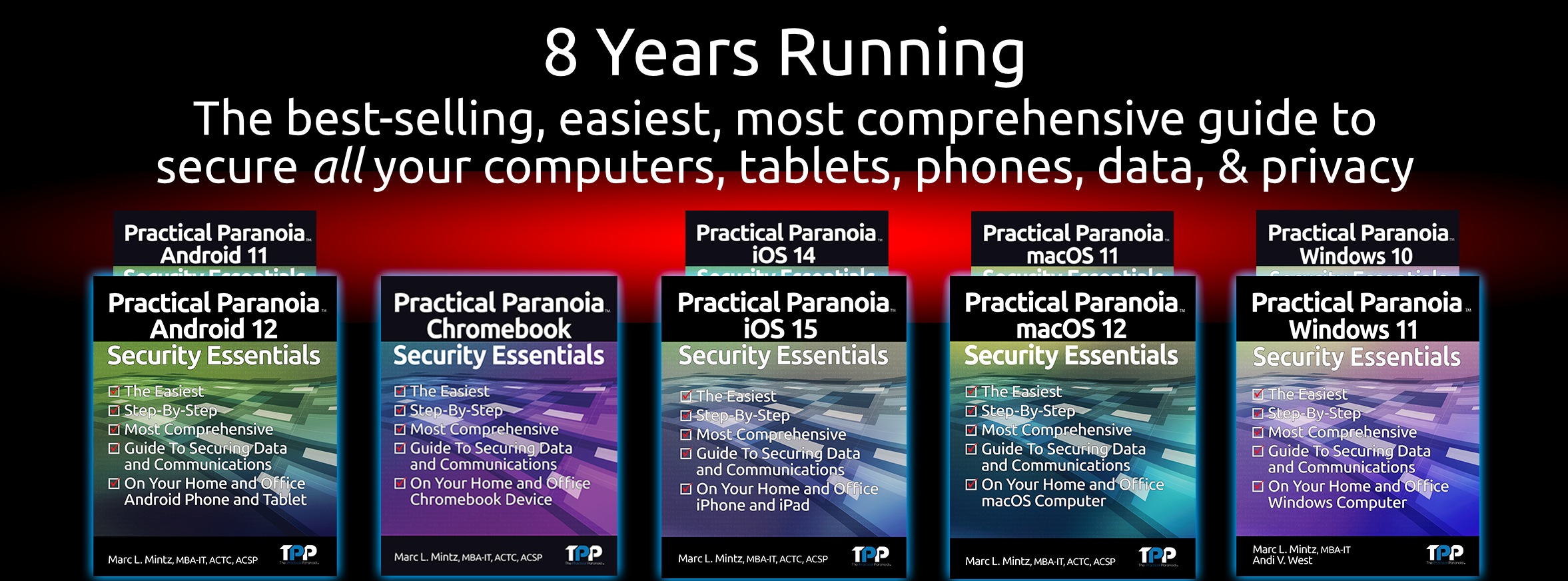A: Short answer: No.
Phishing is an attempt to gather information from someone while posing as someone or something else. For example, receiving an email that appears to be from your bank, asking for you to confirm your social security number.
As most phishing comes in the form of email or web page, the only way that a firewall could prevent this is to configure the firewall to block all incoming email and access to web sites.
In the case of phishing, the solution is user awareness:
- Install quality anti-malware software. My recommendation is Bitdefender.
- Configure your devices for automatic updates, and verify weekly they are up to date.
- Protect your accounts with multi-factor authentication.
- Maintain daily local and off-site backups.
- If you are asked for information, verify the source of the request
The Federal Trade Commission has more information on phishing at https://www.consumer.ftc.gov/articles/how-recognize-and-avoid-phishing-scams
Remember that phishing is just one very small part of maintaining your cyber hygiene. To help ensure your security and privacy, cover all of your vulnerabilities. The very best DIY book to guide your though can be found in our Practical Paranoia Security Essentials series.




